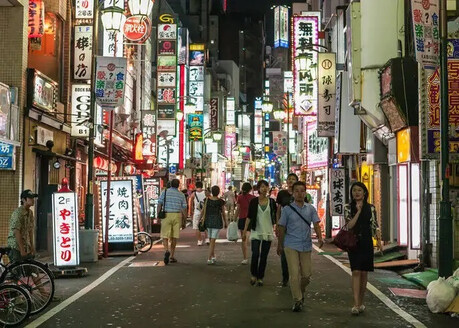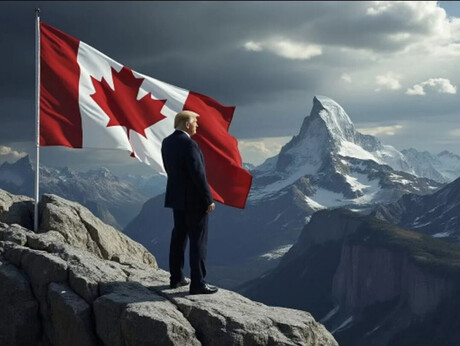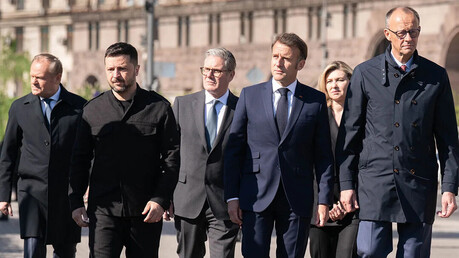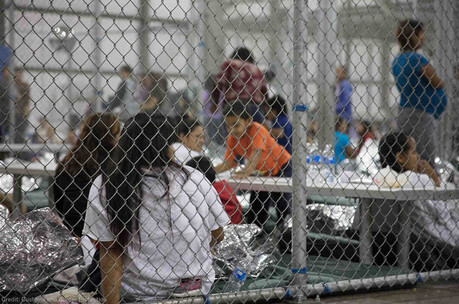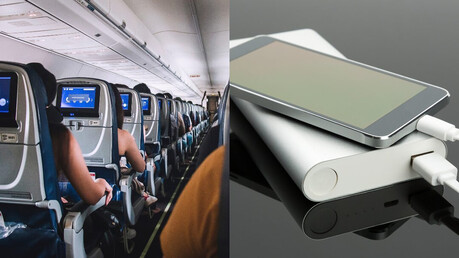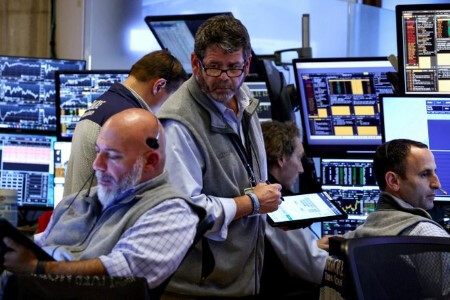
In a significant shift from traditional challenges like tariffs or geopolitical tensions, a new, more insidious force is reshaping global trade: policy unpredictability. A recent report from UN Trade and Development (UNCTAD) warns that this growing uncertainty is acting as a "new tariff," driving up costs, destabilizing markets, and disproportionately harming developing economies.
For decades, global commerce has navigated a landscape of predictable shocks, from trade wars to global health crises. However, the current climate is different. Policy uncertainty is no longer a one-off event but a systemic feature of the global economy. The World Trade Policy Uncertainty Index hit a record high in the first quarter of 2025, signaling an era where businesses operate without a clear rulebook.
This climate of unpredictability creates immediate and tangible problems. Companies are forced to make difficult, costly decisions: stockpiling goods, rerouting shipments, or paying higher transport fees. The UNCTAD report highlights that even before new tariffs took effect, volatility in U.S. imports surged in early 2025 as companies "scrambled to adjust." The cost of this uncertainty often outweighs the actual tariff itself.
Developing Nations Bear the Brunt
The burden of this uncertainty is not evenly distributed. Small exporters and developing economies, which often lack the financial resources and logistical infrastructure to absorb shocks, are hit hardest. For these nations, where access to trade finance is already limited, the added unpredictability leads to tighter credit and reduced investment. This is particularly problematic in a world of high global interest rates, as it deepens fiscal fragility and restricts governments' ability to fund essential growth and social development projects.
UNCTAD data illustrates this disparity vividly. While advanced economies experienced relatively stable import trends, developing countries faced sharper swings in early 2025. This shows how the most vulnerable economies are also the most exposed to the fallout from a volatile trading environment. The ripple effects of this instability extend beyond economics, eroding the very trust and cooperation that underpin a healthy global trading system. When policies are unclear, nations are more likely to resort to unilateral actions, sparking cycles of retaliation that further fuel volatility.
A Path Forward
The report, while highlighting a grave challenge, also offers a clear path forward. To mitigate the damage, governments and international bodies must prioritize stability and predictability. This includes diversifying markets to reduce dependence on a single trading partner, strengthening international trade agreements, and providing firms with ample advance notice of any planned policy shifts. Ultimately, restoring confidence in a rules-based system is essential for businesses to invest, for countries to grow, and for trade to continue its vital role as a driver of development.
The message from the UNCTAD report is clear: uncertainty has become the new tariff, and the price is being paid by the entire global economy, with the most vulnerable paying the highest cost.
[Copyright (c) Global Economic Times. All Rights Reserved.]

















